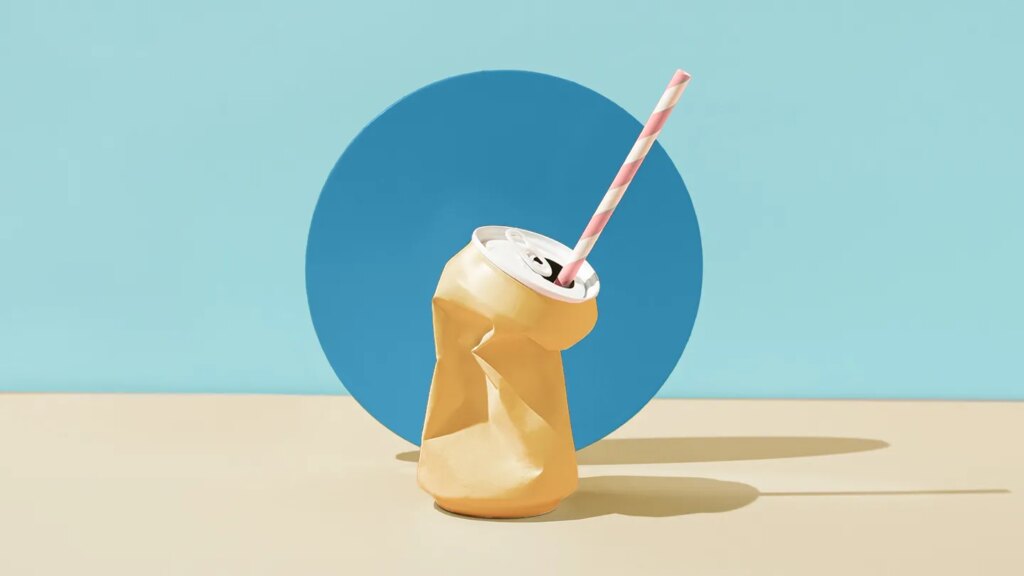How Fiber Intake Affects IBS
Current research suggests that eating more plant-based foods may help increase the diversity of beneficial gut bacteria.
This is largely due to the presence of more fermentable dietary fiber.
However, because this type of fiber can be harder to digest for people with IBS, getting enough fiber through plants alone may be difficult.
Prebiotic sodas and other processed prebiotic foods can be an appealing alternative to plant-based sources. But they can also make it easier to consume significantly more fiber than you need, which can also cause issues for people with IBS.
The type of IBS you have along with the type and amount of prebiotic product you consume can all contribute to your symptoms improving or worsening, according to Melissa Boufounos, a sports nutritionist and owner of MB Performance Nutrition.
For example, people with IBS-D (IBS with diarrhea) may have a greater intolerance to prebiotics, whereas people with IBS-C (IBS with constipation) may benefit from added prebiotic fiber in their diet.
“Not all types of prebiotics are well tolerated by people with IBS,” Boufounos says. “But for some it may be possible to slowly increase prebiotic intake in a tolerable manner without triggering symptoms.”

